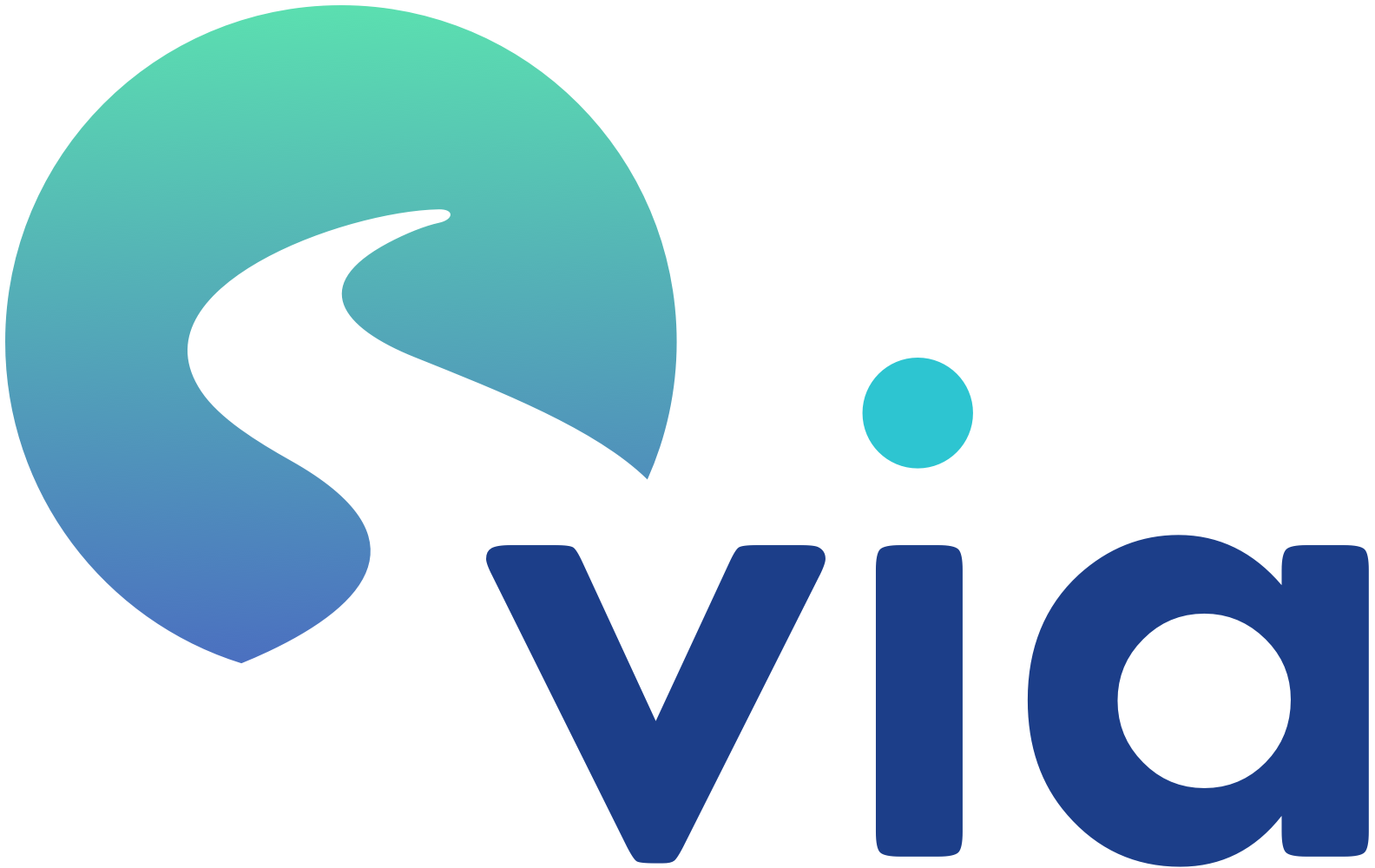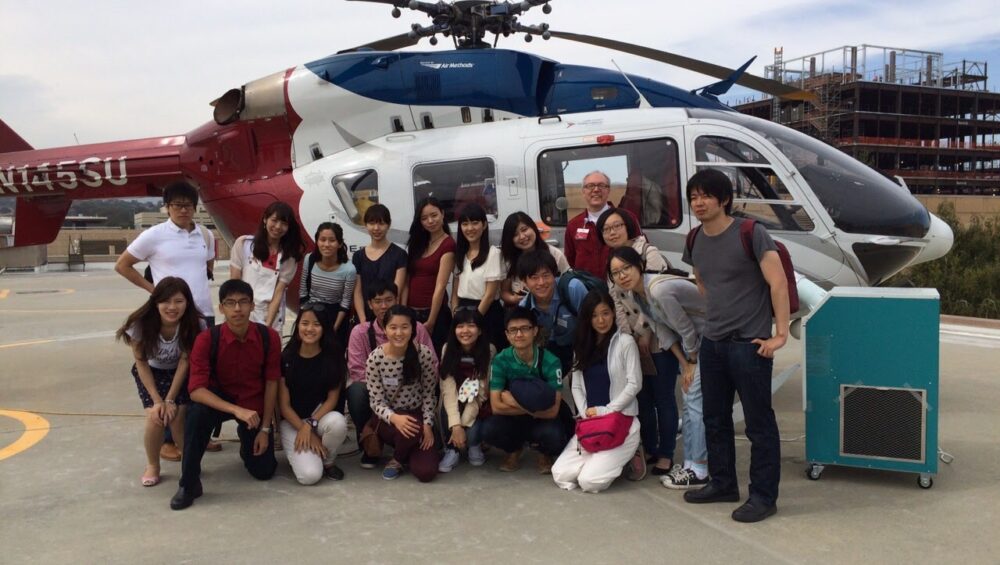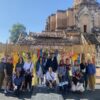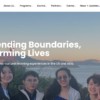By Patrick Huang, MED 2015 Participant
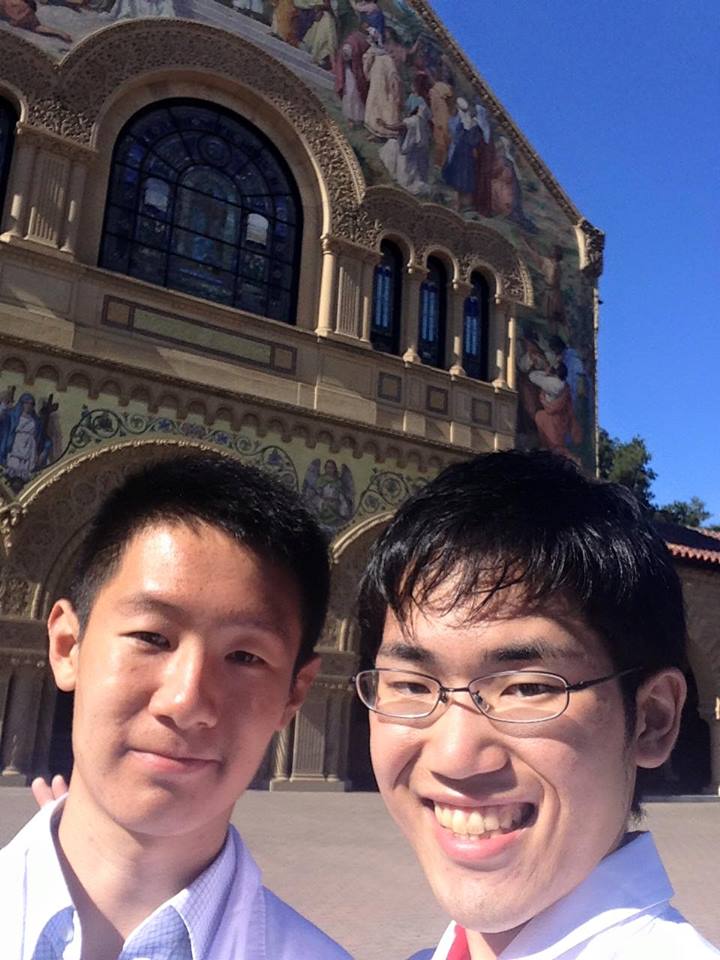
Hello everyone! I’m Patrick. I am glad to share my fellings in recent two weeks with you. At the beginning, I was nervous to talk to students from Japan and Taiwan. After several ice breaker activities including the life map, I found that everyone in the program was friendly and we have both commons and differences. We all are medical students but we come from different places, we have different lifestyles and our medical education systems are a little different. It’s interesting to hear stories from different country and region and it’s my pleasure to share my experiences with you.
During the two weeks, the most impressive topic for me is sexual minority. To be honest, I knew little about LGBT people and I wasn’t aware of the need to learn them before the program. However, I thought a lot about it at these days. From Harvey Milk, the main character in film Milk, I saw an epitome of the history that American LGBT people fought for their rights. At the Magnet Clinic in the Castro district, I saw the achievements they made. They already have places to live safely and have healthcare to meet their needs. At the talk about LGBTQ healthcare at UCSF, I was surprised by Dr. Madeline Deutsch when she told us that she was transgender and lesbian. Then I gained a deep understanding about LGBTQ people. They have a big population which accounts for 5% of American, but discrimination still exists and there is a serious shortage of their special healthcare. All these activities drove me to think about the situation in my country.Traditional Chinese culture has little tolerance to sexual minority. Sexual minority don’t have discourse power in China. Most of LGBT people are silent because they can’t be accepted by their family and mainstream society. But I think the situation will change. On the one hand, the teenagers are more open to this topic. On the other hand, if there is a large population of LGBT people, their needs must be met. When I become a doctor, at least I should be friendly to my LGBT patients.
Besides, I learned a lot from clinical English lessons. I was surprised by the detailed history taking structure. As a second-grade student, I haven’t learned patient encounter skills and case presentation skills in my school. I once shadowed at Gastroenterology in my teaching hospital. The doctor saw about 20 patients in two hours. She didn’t have enough time to do a thorough history taking on each patient. Moreover, maybe she was so busy that she didn’t express much sympathy to patients. When I become a doctor, I will also face similar challenges in interacting with patients. However, I will use the skills I learned here to get patients’ history and let them feel comfortable.
At last, l want to express my thanks to the staff—Ellison, Sherry, Dr. Oshimi, Christina, Katherine and Vanuyen. These past 2 weeks wouldn’t have been as wonderful without your diligent work. Most of the activities are enjoyable, though sometimes it’s painful to be flexible as a Californian. All in all, I really enjoy these 2 weeks and I would like to recommend this program to my schoolmates when I go back to China.
